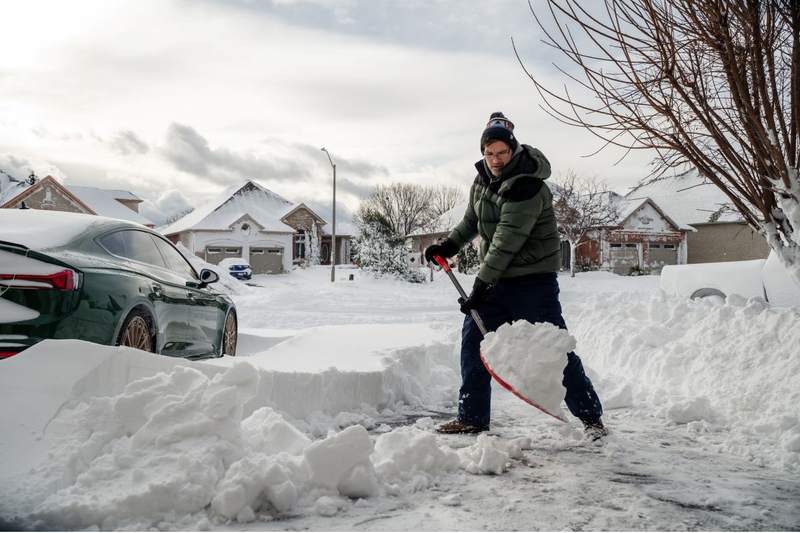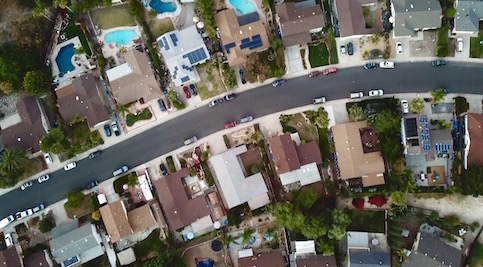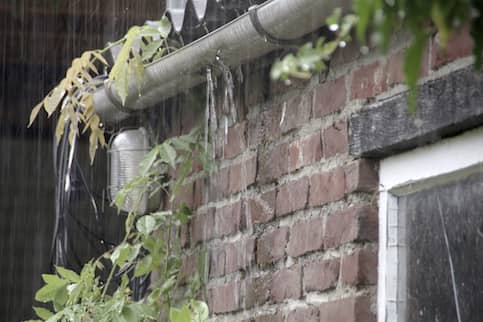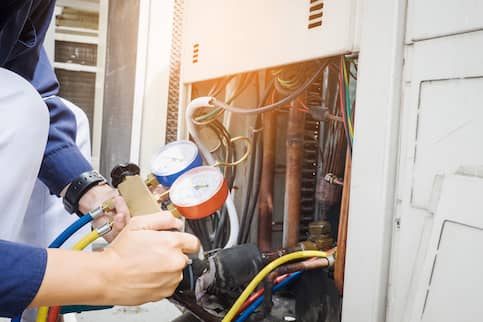

The homestead exemption can decrease the taxable value of your home, so you’ll pay fewer property taxes. It can also protect your home from bankruptcy or provide a surviving spouse with ongoing property tax relief. Before applying, it’s a good idea to understand what the homestead exemption is and how it works.
A homestead exemption provides a homeowner some relief with their property taxes. Certain states offer this tax exemption while others hold similar tax policies. It protects a certain amount of the home’s assessed value from state property taxes, reducing the amount you’ll owe annually.
A homestead exemption can benefit homeowners if one spouse in a two-income household dies. It can also protect homeowners who are at risk of losing their homes to creditors.
Depending on where you live, you’ll either exempt a percentage of your home’s value or a set dollar amount. A deduction based on a percentage is more valuable to homeowners with more expensive homes.
Most states have a homestead exemption. Forty-six have homestead exemptions that include general homestead laws and homestead tax exemptions. Additionally, every state but Delaware offers a version of property tax relief for veterans or disabled veterans.
Let’s say a surviving spouse chooses to use the homestead exemption for the current tax year. If their home is worth $300,000 and they qualify for a $60,000 exemption, they’ll be taxed as if their home is worth $240,000.
A homestead exemption protects those in financial straits from property taxes by decreasing the taxable value of the home. It can provide tax relief to homeowners going through bankruptcy or foreclosure, and stop or pause the forced sale of a property.
And if one spouse in a two-income household dies, the exemption can provide the surviving spouse with tax relief if they’re struggling to make their house payments. It does this by decreasing the monthly tax burden, allowing the surviving spouse to get caught up financially.
A homestead exemption either subtracts a percentage of your home’s assessed value or a specific dollar amount. For example, let’s say your home’s assessed value is $200,000 and you have a 1% property tax rate. This means your annual tax bill is $2,000.
If you qualify for a $50,000 homestead exemption, your home’s taxable value is reduced to $150,000. That means your annual tax bill is lowered to $1,500.
Or let’s say you live in a state where 25% of your property’s value can be exempted. This means your taxable value would be $150,000 and your tax bill would also decrease to $1,500. Homes with higher values will see more tax relief, and homes with lower values will see less tax relief in states that use a percentage system.
There are several qualifications for a homestead exemption. They include:
If you’re eligible for the homestead exemption, the application process will vary depending on where you live.
If you need to fill out an application, you’ll need to provide the following information:
If you’re unsure what documents are needed, you can contact your county tax commissioner. They’ll be able to answer your questions and provide you with more resources regarding the regulations in your area.
Quicken Loans ® lets you get to house hunting sooner.
If you’re new to the homestead tax exemption, you may have some additional questions. Here are answers to some frequently asked questions about homestead exemptions.
A homestead exemption will reduce your property taxes and can protect you from losing your home to creditors. It could also protect your family if you pass away. The exemption protects your surviving spouse and children from losing their home.
The amount you can save with a homestead exemption depends on where you live. For instance, some states offer the exemption as a percentage of your home’s assessed value, while others provide a set dollar amount.
Some states cap the exemption at a certain amount while others offer an unlimited exemption. For instance, Florida provides an unlimited exemption while Missouri protects up to $15,000 of your home equity.
There are limits to what the homestead exemption can do, and these restrictions can vary from state to state. A homestead exemption cannot protect you from foreclosure for not paying your HOA dues, property taxes or mortgage payment. It cannot prevent a mechanics’ lien on your property. If you have questions about your state’s homestead exemption laws, be sure to contact your county tax assessor’s office.
Here are the 48 states that currently offer the homestead exemption:
New Jersey and Pennsylvania do not offer homestead exemptions.
The homestead exemption is available in most states and offers homeowners relief on their property taxes. You can research whether the homestead exemption is available where you live, or if your state offers something similar. You can learn more about other property tax exemptions to see if you qualify for any others during the 2023 tax season.












LMB Mortgage Services, Inc., (dba Quicken Loans), is not acting as a lender or broker. The information provided by you to Quicken Loans is not an application for a mortgage loan, nor is it used to pre-qualify you with any lender. If you are contacted by a lender or broker advertising within our network, your quoted rate may be higher depending on your property location, credit score, loan-to-value ratio, debt-to-income ratio, and/or other factors. Quicken Loans does not offer its matching services in all states. This loan may not be available for all credit types, and not all service providers in the Quicken Loans network offer this or other products with interest-only options. The information that we provide is from companies which Quicken Loans and its partners may receive compensation. This compensation may influence the selection, appearance, and order of appearance on this site. The information provided by Quicken Loans does not include all financial services companies or all of their available product and service offerings. Article content appears via license from original author or content owner, including Rocket Mortgage.
Note: Actions on this website are recorded for quality assurance or training purposes. Input of data constitutes consent.
Quicken Loans is a registered trademark of Rocket Mortgage, LLC, used under license by LMB Mortgage Services, Inc.
LMB Mortgage Services, Inc. | NMLS #167283
4859 W Slauson Ave #405 Los Angeles, CA 90056